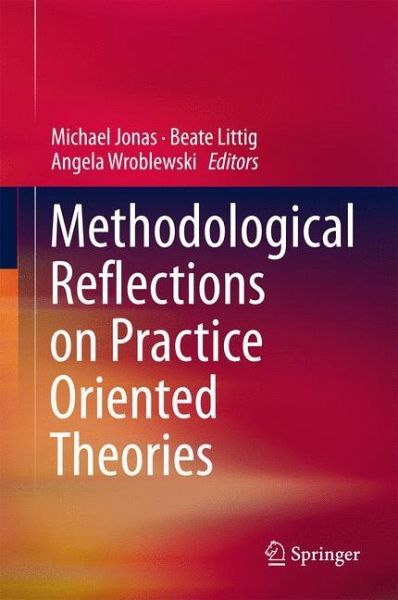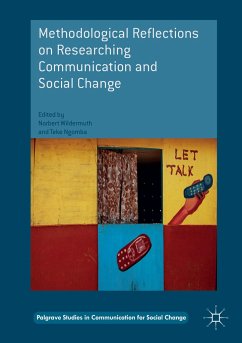
Methodological Reflections on Practice Oriented Theories

PAYBACK Punkte
49 °P sammeln!
This volume presents a comprehensive overview of methodological issues and empirical methods of practice-oriented research. It examines questions regarding the scope and boundaries of practice-oriented approaches and practice theory. It discusses the potential advantages and disadvantages of the diversity resulting from the use of these approaches, as well as method and methodology-related issues. The specific questions explored in this volume are: What consequences are linked to the application of a praxeological perspective in empirical research when it comes to the choice of methods? Is the...
This volume presents a comprehensive overview of methodological issues and empirical methods of practice-oriented research. It examines questions regarding the scope and boundaries of practice-oriented approaches and practice theory. It discusses the potential advantages and disadvantages of the diversity resulting from the use of these approaches, as well as method and methodology-related issues. The specific questions explored in this volume are: What consequences are linked to the application of a praxeological perspective in empirical research when it comes to the choice of methods? Is there such a thing as an ideal path to follow in praxeological empirical research? What relationship is there between qualitative and quantitative approaches? What differentiates practice-based social research from other perspectives and approaches such as discourse analysis or hermeneutics? The contributions in this book discuss these questions either from a methodological point of view or from a reflective perspective on empirical research practices.














